Sports English: Vocabularies, Expressions, and Tips That You Need To Know

Sports is a safe topic to talk about because it is a lighter and neutral subject than other sensitive and controversial topics. Since it is a light subject, you can talk about it even if you just met the person for the first time. Many find this as an entertaining topic because it makes them temporarily forget their worries in life. Whether you are a sports fan or not, you can encounter situations when you have to talk about sports. Many people follow sports on TV or play sports for fun or professionally, thus making it a usual subject in conversations. Plus, people who love sports can be found everywhere. If you can’t talk about sports, you may limit yourself from participating in conversations that are sports-related. Instead of being quiet or avoiding this topic, it is better to have something to say when talking about it. Learning how to talk about sports is advantageous because it is a good conversation starter, plus it will help you to connect with others. Knowing what to say will enable you to speak more fluently and be more confident when engaging in conversations about sports in English. This article will provide you questions, responses, and tips to get your started talking about sports.
Asking others if they like sports

Before talking deeply about sports, we initially ask others if they like sports. This is to check if they will be interested in this topic or share the same interest with them.
Questions:
“Do you like sports?”
“Are you into sports?”
Possible Responses:
“I’ve always liked sports.”
“I’ve always been really sporty.”
“I’m not that into sports.”
“I’m not a sports fanatic.”
“I’m not that athletic.”
“No, I don’t really follow any sports.”
Vocabularies Used:
Sporty is an adjective used to talk about a person who enjoys doing sports and good at it.
Fanatic refers to a person who is too much interested in something that becomes a priority or too devoted to it.
Athletic means a person who is physically fit, likes sports, and good at it.,
Tip: When using the expressions above, you can make your responses longer by adding more details. Not only will you sound more knowledgeable about sports, but you will also sound more conversational.
Talking about the sports that you like
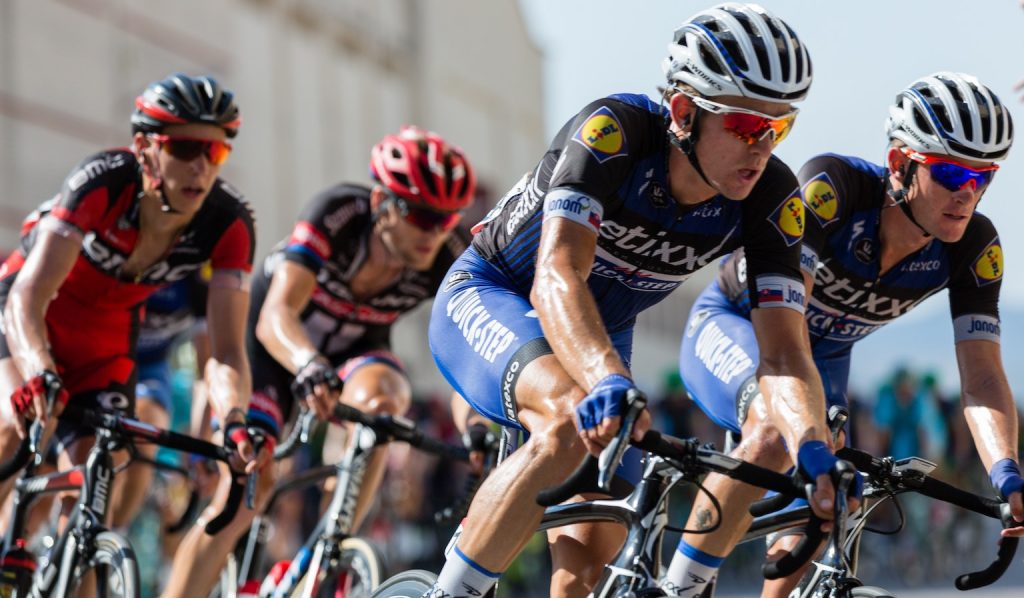
To narrow down the things to talk about sports, you can ask about the particular sport that your conversation partner enjoys. This will make your conversation more focused and be able to speak about it more in-depth.
Questions:
“What kind of sports do you like? or “What sports do you like?”
“What’s your favorite sport?”
“What sports are you into?”
“What sports do you follow?”
Possible Responses:
“My favorite sport is (name of sports).”
“(Name of sports) has been my favorite sport since I was a child.”
“I like (name of sports)”
“I enjoy(name of sports).”
“I follow (name of sports).”
“I’m a fan of (name of sports).”
Note: When talking about your favorite sports, you have to provide the name of the sport. Examples of this are basketball, baseball, soccer, and swimming. Hence, it will be helpful if you familiarize yourself with sports name vocabulary.
You can also be more specific when asking about the kind of sports that your conversation partner likes.
Questions:
“Do you like (name of sports)?”
“Are you a (name of sports)?”
Possible Positive Responses:
“Yes, I like (name of sports).”
“Yes, (name of sports) is my favorite sport.”
Possible Negative Responses
In cases when you don’t like the kind of sports that was asked to you, it is often easier to reply with the statement:
“I don’t’ like basketball.”
However, this response is too direct and may offend others.
Tip: When stating your least favorite sport, remember to be tactful. The sport that you don’t like may be the sport that your speaking partner follows. To avoid hurting anyone’s feelings, be careful about how you deliver your response. A better way to answer this is to respond by softening your tone.
Possible Alternative Responses:
“I don’t really follow basketball.”
“I’m not really into basketball.”
Talking about the sports that you do
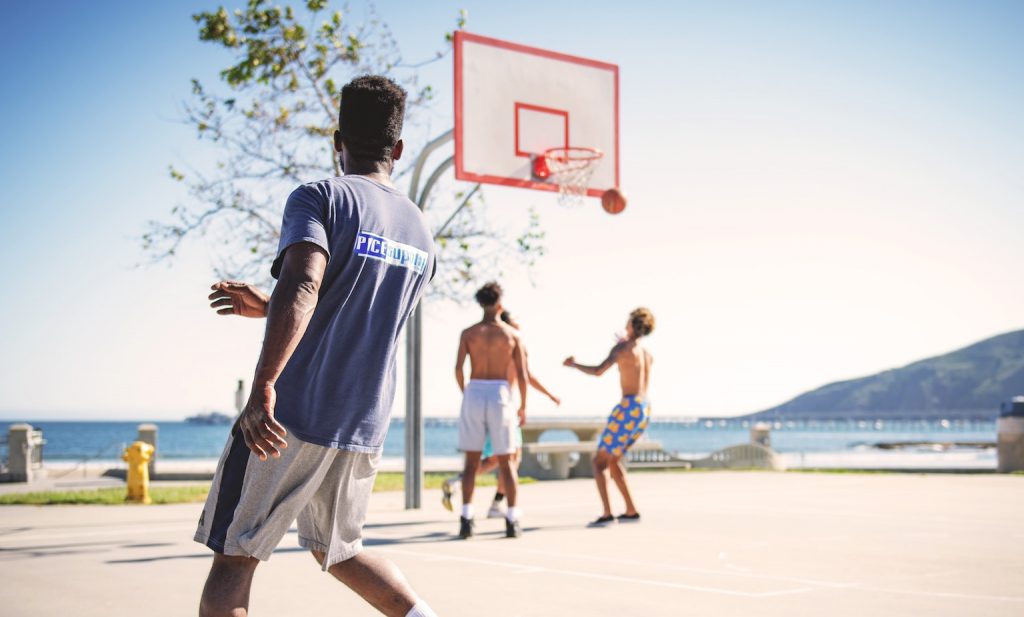
Talking about the sports that you like is different from talking about the sports that you do. When you talk about sports that you “like” it means you follow a particular sport but does not automatically mean you do it. Whereas if you talk about the sports that you “do” means you are really doing it.
Question:
“What kind of sports do you do?”
Possible Responses:
“I play (name of sports)”
“I go (name of sports)”
“I do (name of sports)”
“I prefer playing (name of sports).”
If you are not really active in sports but occasionally does a particular sport you can say:
“I don’t really follow sports, but I sometimes play (name of sport)”
Tip: Verbs that we often use when we talk about the sport that we do are “play,” “do,” and “go.” To know which verb to use, you have to know how to use them properly.
Play is being used for team sports that use a ball. Examples of these ball games are badminton, basketball, baseball, football, hockey, and tennis.
Example:
“Do you play basketball?”
“I play basketball.”
Go is used for sports that end with -ing. Examples of this are jogging, swimming, fishing, skiing, surfing, and running. Usually, these are the kinds of sports that are not played by a team.
Example:
“Do you go running?”
“I go swimming”
Do is used for sports that do not need a ball or any equipment. It is often used for sports like martial arts and exercises. Examples of these sports are pilates, aerobics, judo, karate, and taekwondo.
Example:
“Do you do pilates?”
“I do pilates.”
Reminder: The verb “make” is not used when talking about sports.
Asking how the person started with a particular sport

When we are curious about how a person started with a particular sport, we ask them to know what triggered or inspired them.
Question:
“How did you get into (name of sport)?”
Possible Responses:
“It all started when I joined…”
“I started playing (name of sport) about a year ago.”
“I’ve been playing (name of sport) since I was eight years old.”
“At first, I just wanted a new hobby, but eventually, I played it regularly.”
Tip: Your response to this question will depend on your experience. It is like providing them background or a brief history of how you started playing a particular sport.
Talking about the frequency of playing a sport.
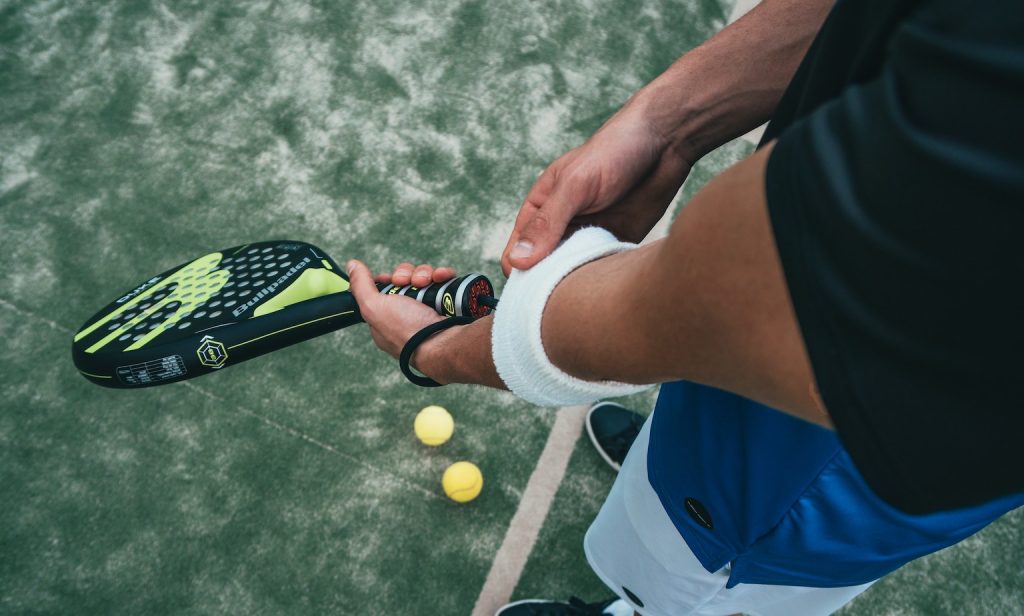
Sporty and athletic people are usually disciplined and observe a regular schedule. You can ask others how frequent they play when you want to know their routine in playing sports.
Question:
“How do you often play (name of sport)?”
Responses:
“I meet with my teammates to play (name of sport) once a week.”
“I play five times a month.”
“I train four times a week.”
“I have matches twice a month.”
Tip: You can expand your answer by providing the location where you play.
Talking about your reason for doing a sport
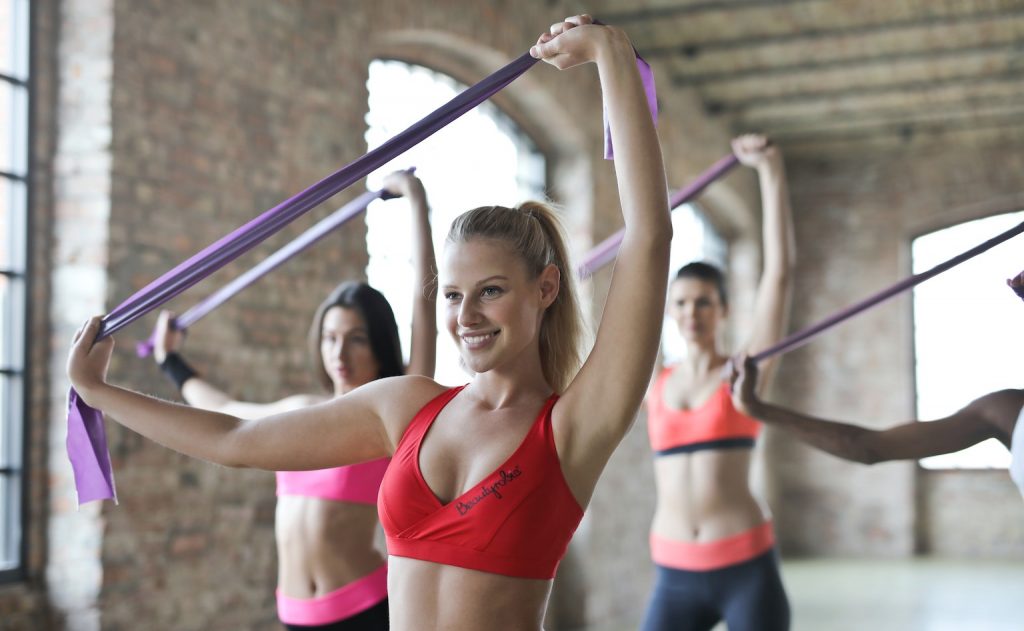
This topic can be discussed when you want to know the reason why an individual is enthusiastic about doing a sport. This will help you to better understand him.
Question:
“Why do you like (name of sports)?”
Possible Responses:
” I like the feeling of working hard with my teammates and winning. ”
” I play sport to relax and unwind with my friends.”
” I like to socialize, that’s why I play sports. ”
” I enjoy getting some physical activity to keep myself fit and healthy. ”
Tip: Your responses will depend on what really motivates why you to do sports.
Talking about how skilled are you in playing sports

When we know a sporty person but haven’t seen him play, we are normally curious about his skill in playing and ask him about it. This provides us a better perspective on his ability.
Questions:
“How good are you at playing (name of sport)”
” How good are you at(name of sport)? ”
Responses:
” I’m not that bad in (name of sport), and I can play it pretty well too. ”
” I’m pretty good at playing (name of sport) ”
” I think I’m fine but still need more training. ”
” I’ve just started doing (name of sport), so I still need to train more. ”
Tip: When providing an answer about how good you are at playing a particular sport, it is better to be more objective and honest about it. Also, it’s advisable to tell your ability accurately in a modest way.
Talking about your usual venue for playing

You can discuss this topic when you want to know where you can possibly play a certain sport. Also, you can talk about it if you want to have an idea of someone’s routine.
Question:
“Where do you often play.”
Possible answers:
“My teammates regularly play in the park.”
“I train at a sports center near my school.”
“We have matches sometimes in our town or in other cities. ”
Tip: If your conversation partner is the athletic type, you can ask the question “How about you?” once you’ve finished answering. This will help to keep the conversation going.
More conversation topics about sports
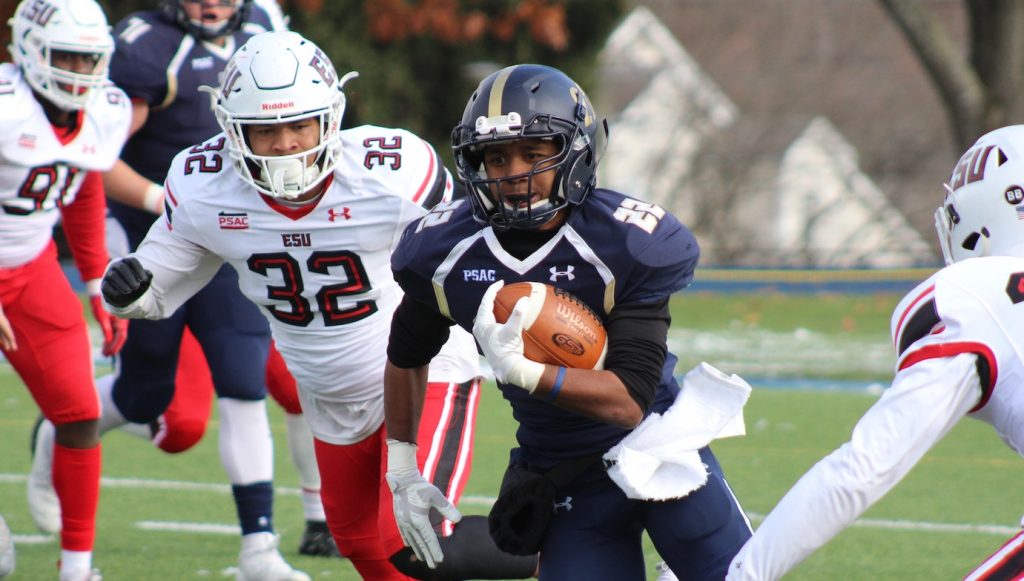
There are plenty of things that you can talk about in sports. All you have to do is pick a topic that both you and your conversation partner have an interest in. You can discuss it further by responding to each other’s questions and drawing questions from responses.
Other things you can talk about in sports are your favorite team, favorite athlete, or favorite game. These are good topics if you are a sports enthusiast but not really playing it in actuality. If you have attended a particular game, you can share it with others and describe it in detail. Just remember to be familiar with the common words used in sports to make it easier for you to describe and talk about it. Moreover, there are idioms and phrasal verbs that are usually used in sports, and learning them will make it easier for you to construct sentences and sound more like a native speaker.
The questions and responses provided in this article will help you to get started. You can tweak them or add more to it. You can express your answers in different ways. By knowing the tips above, you can now easily ask your relatives, friends, or colleagues about their favorite sports. Also, you can share your experiences when playing a sport. Start your sports conversation now to start connecting with others.
There is still a lot more to learn in talking about sports. Thinking on how to improve your Sports English skills? Enroll at LingualBox today and fast-track your English learning.
